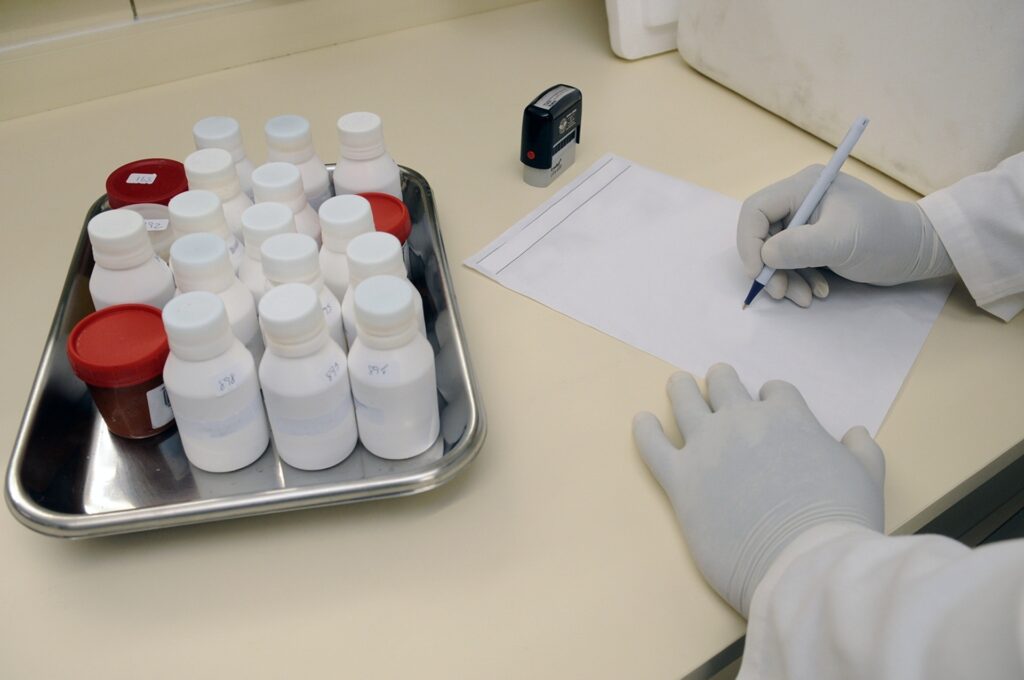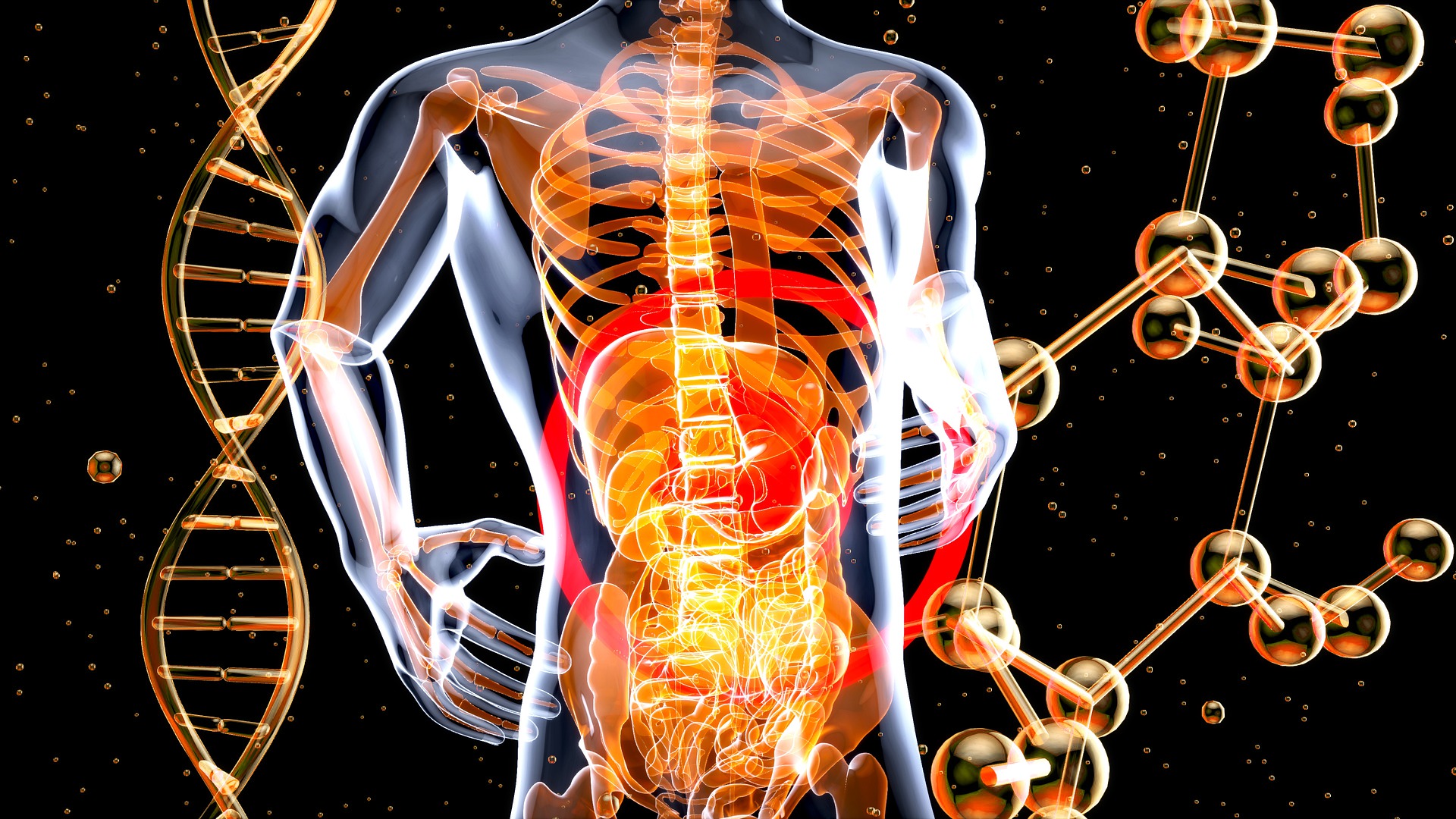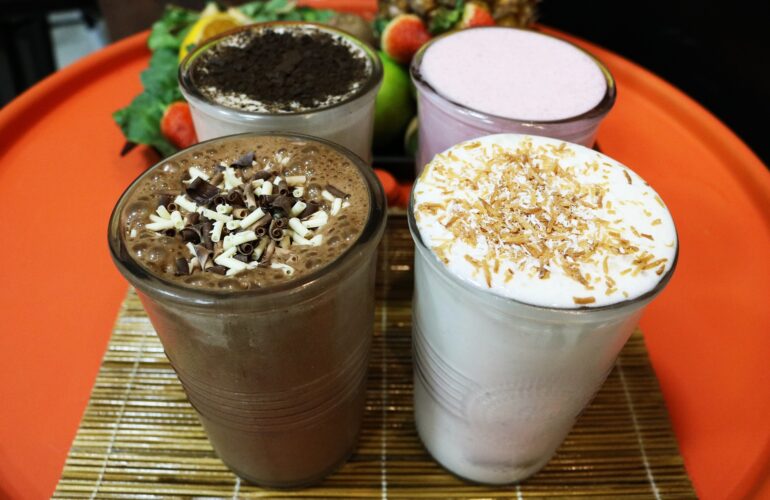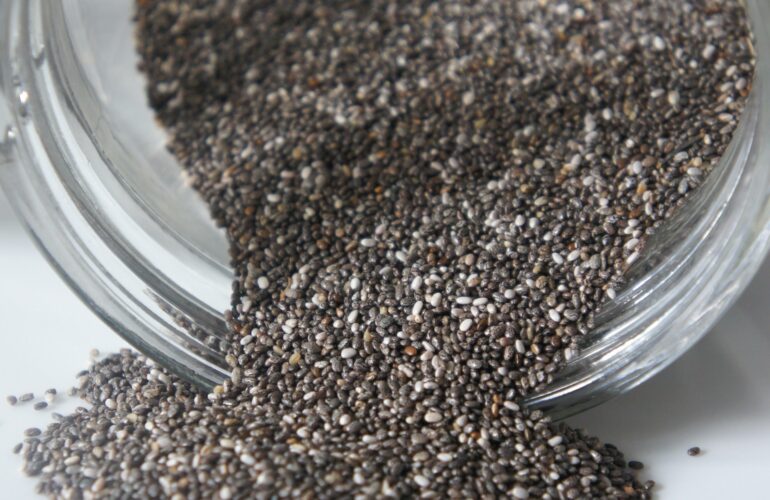Before we step into the steps to keep your gut healthy, it is important to know what is gut health.
With gut health, we understand a healthy digestive system which digests our food effectively. A healthy gut will not only affect the digestive system but also the system of the entire body, mental health and efficacious immune system.
A healthy gut performs its function to break down the meal into smaller components to enter the bloodstream and reach different parts of the body. An Unhealthy gut will lead to digestive issues, food intolerance and other stomach diseases, etc…
One can identify the unhealthy gut with some of its signs, such as,
• High stress level
• Weight fluctuations
• Little sleep
• Diseases development

While it is important to keep your gut healthy, it is more important to understand how?
Here I mention 10 ways to maintain and improve gut health…
1. Stay hydrated

Though it may sound basic and pointless to mention, it is one of the most important step to maintain your gut health. Water is one of the most important components of our body. Drinking sufficient water can increase the diversity of bacteria in the gut, keep your intestine smooth, prevent constipation, reduce chances for gastrointestinal infections, and overall improve body health.
2. Add fruits and vegetables
We all are aware of the essential nutrients that fresh fruits and vegetables can provide, but we skip it when it comes to our diet. Having fresh fruits and vegetables will not only stimulate gut health, but will also contribute to a healthy gut microbiome, increase fiber, and will affect the body positively.
3. Fewer sugar intakes

We have always heard to stay away from sugar, to lessen our sugar intakes, but do we know the reason why? While sugar is important to maintain balance in the body, excess sugar can have harmful effects, such as heavyweight gain, poor dental health, diabetes, metabolic disorder and sometimes even cancer. Have sugar but on the limit.
4. Exercise, exercise, and exercise

No, it’s not a dialogue, and it definitely does not mean that you need to exercise 24/7. By exercise we mean to stay fit and active, to maintain a healthy gut. It is important for a person to stay active for a healthy heart, balanced weight, healthy digestive system, and, lastly, a healthy gut. If exercise is not your cup of tea, try to have at least a 30 mins walk daily.
5. Include high fiber food items
Fiber promotes probiotic bacteria growth, which later helps to increase metabolism. Include healthy high fiber food to your diet and avoid processed foods. Good amount of fiber in your diet can help with constipation, weight management and improved health.
High fiber food items will include whole grain, like oats, quinoa, vegetables, nuts, fresh fruits, etc…
6. Get a sound sleep

A fit sleep schedule can help you with your gut, while disturbance in sleep can lead to poor guy health, obesity, and digestion issues. Have a sound 7-8 hours sleep without disturbance.
7. Say goodbye to stress
Though it sounds more like a quote and a saying, it is important to take lesser stress in order to stay healthy. Anxiety and stress can be hard on the body, including gut and can destroy mental peace. Try a few tricks for less stress, meditation, massage, laugh therapy, deep breaths, quality time with loved ones, yoga, etc….
8. Check food intolerance
Try to identify and avoid certain food items if they do not fit well with your tolerance level.
Symptoms to check food intolerance,
~ Bloating
~ Gas
~ Fatigue or anxiety
~ Acid reflux, heartburn
~ Abdominal pain
~ Nausea
~ Diarrhea
9. Say NO to smoking and alcohol

All know the adverse effects of smoking and alcohol and its consumption definitely kills healthy bacteria in the body. We can recognise effects of smoking and alcohol in poor heart health, in lungs and through poor gut health.
10. Take prebiotic or probiotic
Last but the most important part of maintaining a healthy gut is to take prebiotic or probiotic. Adding these supplements to your diet can not only improve your gut health, but will also be beneficial for the body.
Probiotic foods such as yogurt, miso, tempeh, kimchi, kefir and probiotic supplements. Prebiotic food items such as bananas, green leafy vegetables, ginger, garlic, asparagus, onion, and prebiotic supplements.

If you face the defined symptoms, consider a consultation with a doctor because these are the symptoms of reduced gut health.
• Upset stomach – gas, bloating, Diarrhea, heartburn, constipation, vomiting.
• Sudden weight gain/loss – Weight fluctuations without a change in diet mean your body is either in need of the ability to absorb nutrients, store fat or to regulate blood sugar levels.
• Constant Fatigue – Constant tiredness at random hours of the day.
• Food intolerances – People may find it difficult to digest certain food items indicating poor quality of bacteria in the gut
• High-sugar diet – Increase in sugar craving, consumption of processed foods, etc…
• Skin irritation – Disturbance in the immune system can lead to skin irritation and allergies.
Bottom line
A healthy gut will help the person live a fit and healthy lifestyle with less stress, more smiles and a happy heart.
For personal consultation on health and fitness http://Contact Us – Dt Suman
Check Dt Suman Instagram for daily healthy tips https://instagram.com/sizespecialistbysuman/




